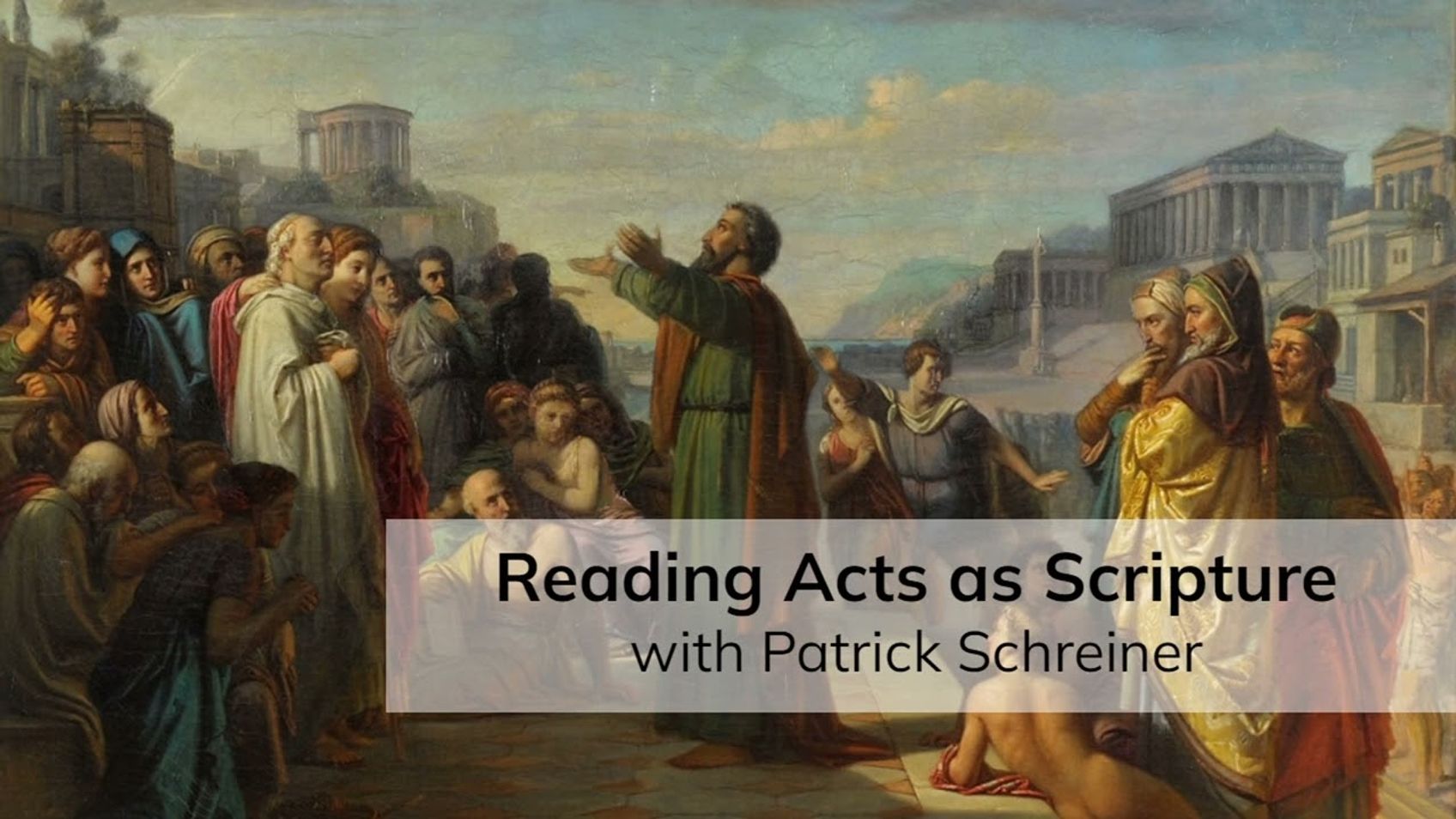Reading Acts as Scripture (with Patrick Schreiner)

Dr Patrick Schreiner, Associate Professor of New Testament and Biblical Theology at Midwestern Baptist Theological Seminary, joins me for a discussion of the book of Acts and its interpretation. He is the author of the new Acts commentary in the Christian Standard Commentary series (https://amzn.to/3xf0Dvy).
If you have enjoyed my videos and podcasts, please tell your friends. If you are interested in supporting my videos and podcasts and my research more generally, please consider supporting my work on Patreon (https://www.patreon.com/zugzwanged), using my PayPal account (https://bit.ly/2RLaUcB), or by buying books for my research on Amazon (https://www.amazon.co.uk/hz/wishlist/ls/36WVSWCK4X33O?ref_=wl_share).
The audio of all of my videos is available on my Soundcloud account: https://soundcloud.com/alastairadversaria. You can also listen to the audio of these episodes on iTunes: https://itunes.apple.com/gb/podcast/alastairs-adversaria/id1416351035?mt=2.
More From Alastair Roberts
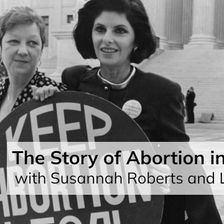

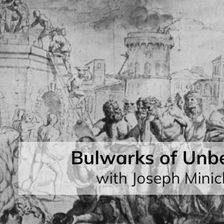
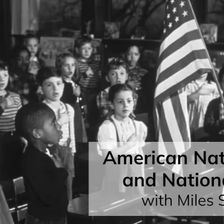
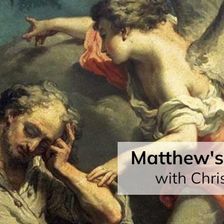
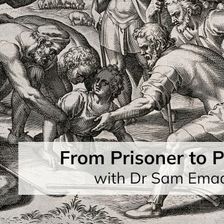
More on OpenTheo















